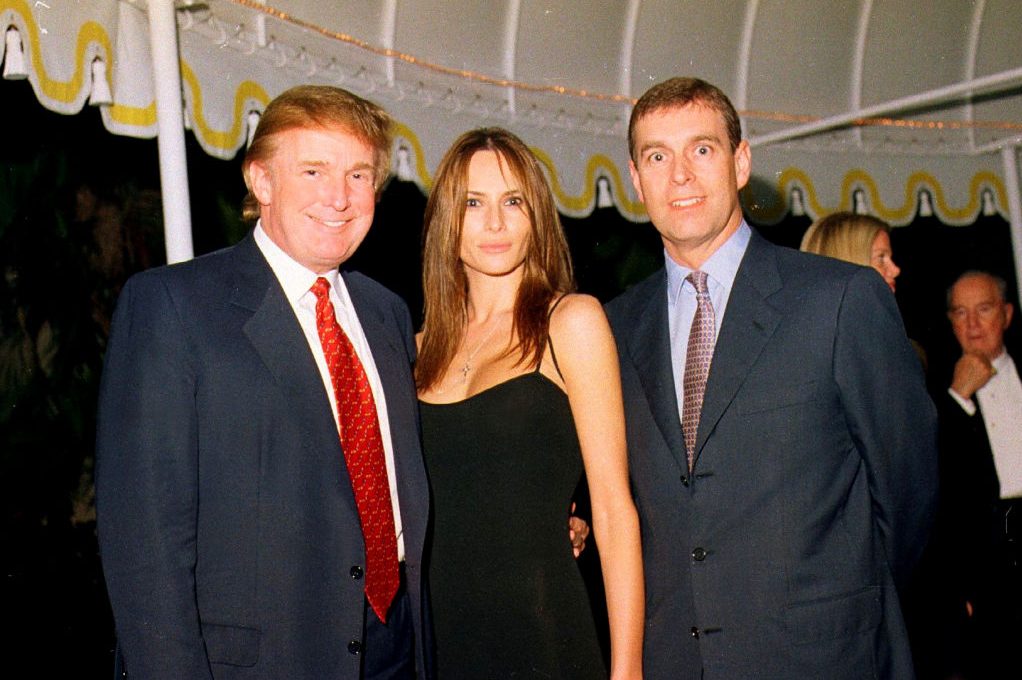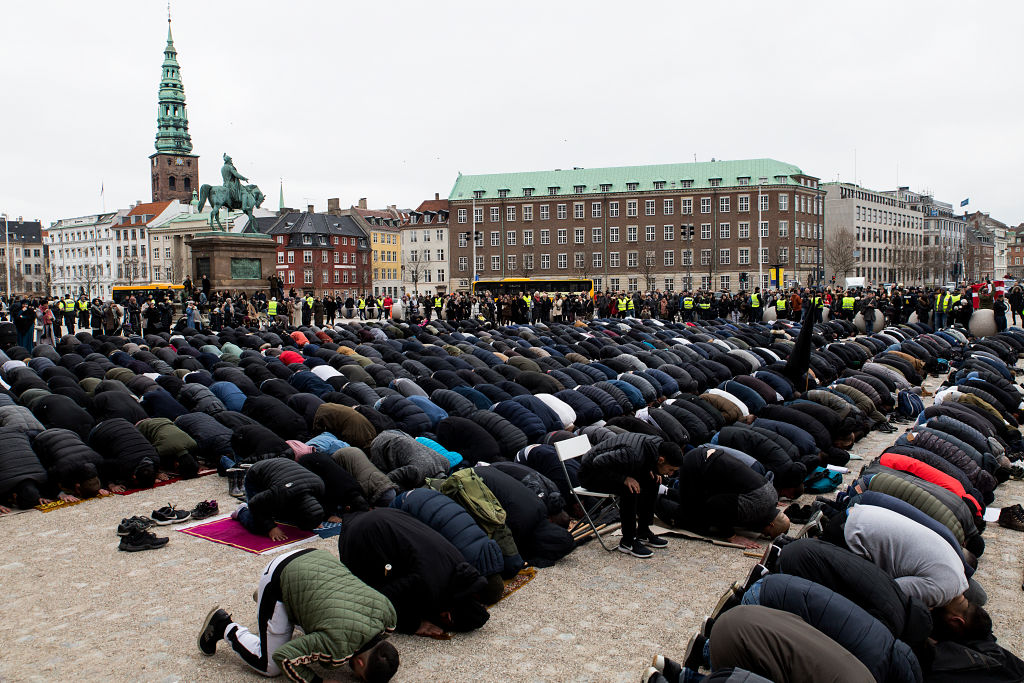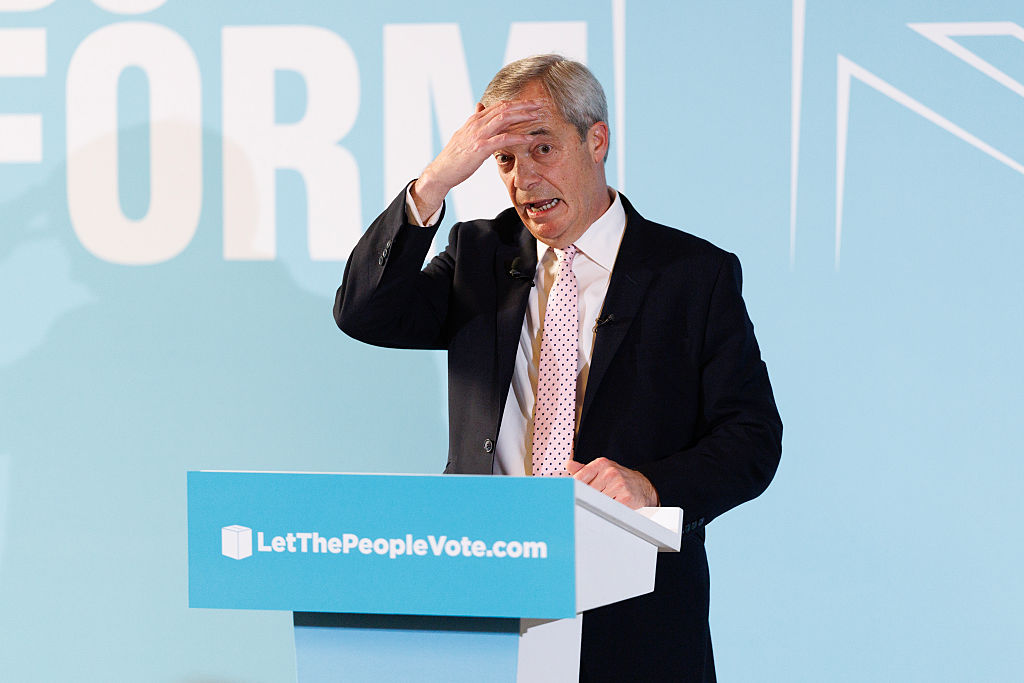Jeffrey Epstein’s ghost, a specter of elite scandal, continues to haunt both the American presidency and British monarchy. Donald Trump, embodying the presidency’s assertive role, and Prince Andrew, entangled by Epstein ties, face persistent scrutiny. Court documents from Virginia Roberts Giuffre’s 2015 lawsuit against Ghislaine Maxwell, unsealed in 2024, name both amongst Epstein’s associates, fuelling public demands for clarity. A 2025 poll shows 58 percent of Americans follow the saga, with bipartisan calls for document releases reflecting a quest for justice. Trump’s confrontational playbook and the monarchy’s reserved silence, though starkly different, are each tailored to their institutional contexts, proving appropriate despite Epstein’s lingering shadow.
Trump’s playbook is defined by bold engagement. He rejects Epstein-related reports as “fake,” filing a July 2025 lawsuit against the Wall Street Journal over an alleged 2003 letter from Epstein. Through press conferences and social media, he labels the scandal a “hoax” driven by a hostile media, asserting he cut ties with Epstein after a 2004 dispute over staff poaching at Mar-a-Lago. In July 2025, Maxwell, serving a 20-year sentence for sex trafficking, told Deputy Attorney General Todd Blanche she saw no concerning behavior from Trump, per ABC News sources. This supports his defense, countering critics’ claims. Republican subpoenas targeting Bill Clinton’s Epstein ties (e.g., four 2002–2003 flights) redirect scrutiny, aligning with Trump’s strategy to challenge establishment tropes. His 2025 decision to withhold Epstein files, despite campaign pledges, aims to shield allies from media distortion. While some supporters – 33 percent of Republicans, per surveys – seek openness, most back his resistance to perceived bias. This approach suits the presidency’s need for visibility in a polarized landscape, where assertive leadership resonates with supporters expecting defiance against a critical press.
The monarchy’s playbook, conversely, is one of dignified restraint. Prince Andrew, after his flawed 2019 BBC Newsnight interview, withdrew from public duties in May 2020 and settled with Giuffre in 2022 for $16 million (£12 million), denying liability. Buckingham Palace issues brief denials, labeling allegations “categorically untrue.” This silence preserves the monarchy’s role as an apolitical symbol of continuity, avoiding spats that could erode its dignity. A new biography, Entitled by Andrew Lownie, detailing Andrew’s Epstein ties and financial misconduct, has heightened scrutiny, with only 9 percent public approval (YouGov, Q2 2025). Palace insiders discuss stripping Andrew’s titles – Duke of York, even “Prince”– via parliamentary action, a step Prince William may pursue as king, reflecting a cautious shift from King Charles III’s traditional approach. Andrew’s presence at events like Queen Elizabeth II’s 2021 memorial sparks criticism, but the monarchy’s restraint aligns with public expectations of regal composure, allowing time to temper public discontent.
These divergent playbooks suit their contexts. Trump’s confrontational strategy, leveraging Maxwell’s testimony and political tactics, fits the his style for bold leadership, meeting supporters’ expectations in a divided media environment. The monarchy’s silence, rooted in tradition, upholds its symbolic role, with title-stripping discussions showing measured adaptation to public pressure. Both approaches aim to preserve legitimacy, addressing the Epstein scandal in ways that reflect their unique roles: Trump’s visibility counters the media, while the monarchy’s restraint maintains national unity.
Epstein’s phantom persists through victims’ voices. Giuffre’s advocacy and Johanna Sjoberg’s testimony of misconduct lend weight to public demands, cutting through conspiracy tropes. Teresa Helm’s criticism of a potential Maxwell pardon highlights the human toll, resonating across ideologies. Bipartisan lawmakers pushing for Epstein document releases reflect a call for justice, not mere sensationalism, underscoring the scandal’s gravity.
Both navigate Epstein’s haunting legacy. Trump’s defiance, supported by Maxwell’s statement, aligns with his base’s distrust of media, though pardon speculation raises concerns. The monarchy’s silence faces accountability demands, as the Prince’s unpopularity fuels title removal calls. Yet, each playbook remains appropriate: Trump’s engagement suits a combative political arena, while the monarchy’s restraint preserves its symbolic gravitas.
Leadership demands balancing reputation with trust. Trump sustains his base’s confidence by challenging media stories, while carefully managing file releases. The monarchy, addressing Andrew’s titles, upholds its role whilst responding to concerns, avoiding perceptions of aloofness. Both confront victims like Giuffre and Helm, whose voices keep Epstein’s ghost alive.
Epstein’s shadow lingers, but Trump’s bold playbook and the monarchy’s cautious one each fit their purpose. For observers, the monarchy’s restraint reflects enduring tradition, adapting slowly to scrutiny. Trump’s defiance meets the MAGA movement’s need for action, navigating Epstein’s ghost with resolve suited to a polarized era.
President and prince differ over exorcism of Epstein’s ghost
Trump’s bold playbook and the monarchy’s cautious one each fit their purpose

Jeffrey Epstein’s ghost, a specter of elite scandal, continues to haunt both the American presidency and British monarchy. Donald Trump, embodying the presidency’s assertive role, and Prince Andrew, entangled by Epstein ties, face persistent scrutiny. Court documents from Virginia Roberts Giuffre’s 2015 lawsuit against Ghislaine Maxwell, unsealed in 2024, name both amongst Epstein’s associates, fuelling public demands for clarity. A 2025 poll shows 58 percent of Americans follow the saga, with bipartisan calls for document releases reflecting a quest for justice. Trump’s confrontational playbook and the monarchy’s reserved silence, though starkly different, are each tailored…

























Leave a Reply